“… a terrible state o’ chassis”
Steve Baker
As Left Bloc launches its new podcast, North, it’s host Stephen Baker, reflects on the awful state we find ourselves in and invites people to start thinking about how we get out of it.
I was born in the late 1960s in a place called Northern Ireland. I took it for granted that I would die in a place called Northern Ireland. Now I’m not so sure that Northern Ireland will outlive me. This is a disconcerting, challenging but also an exhilarating notion.
When the Good Friday Agreement was signed in 1998, I assumed Northern Ireland’s constitutional position within the ‘United Kingdom’ was copper fastened for my lifetime, certainly. It was the era of New Labour’s “New Britain”, that combined liberal multiculturalism with a progressive unionism, devolving powers to Scotland and Wales. Most impressively the ‘hand of history’ delivered political agreement and power sharing in Northern Ireland. This new cultural and constitutional settlement was to be underscored by a version of neoliberalism, proposed with a “human face”.
But New Labour’s ‘modernisation’ of Britain was shallow. It began to fall apart with the invasions of Afghanistan and Iraq, and was blown away completely by the financial crash of 2008. In response to that economic catastrophe, a new government, the Tory-led coalition, introduced austerity measures that kicked at the last vestiges of the welfare state, perhaps the one thing that held a precarious post-imperial union together.
In the 2014 referendum, Scotland came closer to breaking way from Tory England and exiting the union than many complacent politicians and commentators predicted. Two years later, it was English nationalists and free market zealots that led the country out of the European Union. In the fevered imaginations of English Tories, of various stripes, the indomitable White Cliffs of Dover symbolised the new frontier with the EU. They gave no consideration to their partitioned neighbours who would host an EU border dividing the island of Ireland as a consequence of Brexit.
The EU and Britain have reached an accord designed to avoid a hard border in Ireland, but it has inflamed the largest unionist party, the DUP. The party were among the most vociferous supporters of Brexit, perhaps relishing a hard border in Ireland. Instead, they perceive an economic border down the Irish Sea, diminishing Northern Ireland’s place within the union. In protest the DUP refuses to appoint ministers to the Northern Ireland executive, effectively collapsing the assembly in the face of a cost of living crisis.
Meanwhile the public infrastructure and social services of Northern Ireland crumble. As journalist Sam McBride put it, writing in the Belfast Telegraph:
“There’s an end of days feel to Northern Ireland. It’s not that Irish unity is necessarily looming, but that dramatic elements of what society has taken for granted are breaking down, with limited reason to believe that they’ll be coming back soon. A sort of half-hearted anarchy pervades. There are still laws, police and regulatory bodies. The streets aren’t filled with looters. But so much of what an advanced democratic society takes for granted is crumbling.”
In 2019, at Trademark Belfast’s Betty Sinclair Winter School, I gave a presentation reflecting on Ireland after Brexit. I argued then that Northern Ireland doesn’t really exist, which may have seemed a bizarre thing to say about a region where some of its residents were looking forward to celebrating its centenary. But when I said it, I was thinking about the work of the Anglo-Irish intellectual, Benedict Anderson, who had a profound impact upon our understanding of how nations arise and sustain themselves. Anderson argued that nations are “imagined communities”, and necessarily so because all the citizens in a nation can’t possibly know one another, therefore they have to imagine their belonging together, as part of a national community. Integral to this imagining is the media, arts, culture, language and education. These provide the shared symbols, stories, songs and other signifiers of belonging that work in concert with public institutions and political and economic forces to forge a sense of national identity. We should be careful not to mistake culture in this instance for ephemera. It is the stuff that often bestows what Anderson referred to as the nation’s ‘profound emotional legitimacy’ in the hearts and minds of its citizens.
Northern Ireland struggles for such legitimacy, since it is hard to identify anyone that has done the imaginative, emotional and cultural work to achieve it. Clearly, Irish nationalists and republicans have no long-term vested interest in the place. But even amongst unionists – at whose behest Northern Ireland exists – too few of them have sought to build a consensual common culture that would bring the people of the region together into an “imagined community”. Instead, for many unionists, “Ulster” has provided a surrogate for Northern Ireland; less a place than an imaginary province of an exclusively Protestant people that bears no proper relation to the territory to which they lay claim. Simply put, then, not enough people care sufficiently about Northern Ireland to build a consensus around how the people of the region will live, work and love in that place. Indeed, I have often thought that Northern Ireland would die of neglect if it weren’t for money from the British exchequer and the civil servants who administer it. Now, as the British government imposes deep punitive cuts on public spending and the region’s administrative failures grow more glaring, Northern Ireland’s remaining life support systems appear to have gone. This is a terrible state to be in. It is destroying people’s lives, particularly and most immediately, the lives of the most vulnerable.
As a socialist, I’ve always been more comfortable talking about social, economic and environmental issues than what are often divisive constitutional ones. But I don’t think I (or we) can put off talking about the constitution anymore, because it is impossible to purse the “bread and butter” of politics while trapped within a settlement that leaves most of us effectively voiceless. Let me explain.
I’m a 55 year old resident of Northern Ireland and I’ve never had the opportunity to elect a Westminster government, and if you’re a residence of this place also, then neither have you. Your vote, and mine, count for next to nothing. So, to my mind, constitutional change is not only coming, but also necessary. Indeed, it has already begun with Britain’s departure from the EU.
Left Bloc’s new podcast, North, starts from the position that constitutional transformation has to be about more than moving citizens from one rotten jurisdiction to another. As Bernadette McAliskey said recently in an interview with the Impartial Report:
“I have no more interest than the average Unionist in being submerged into the Free State. Absolutely none. I can think of no worse fate that might befall a population than to be sucked into the existing system of the Republic of Ireland. I think we need a new Ireland, and I think it starts with a new Constitution.”
We are in a terrible state, but what sort of State do we want to live in? What should/could the future look like? Is there anything we can retrieve from the past that might help us build that future – what lies there that might provide foundations? And who is it that will build on those foundations?
In the first episode of North, I quoted the Welsh historian Gwyn Alf Williams, who said of his homeland: “Wales is an artefact which the Welsh produce. If they want to. It requires an act of choice.” The question for those of us living in the North is what sort of artefact will we choose to make? The question for everyone else is, will you join us in making it?
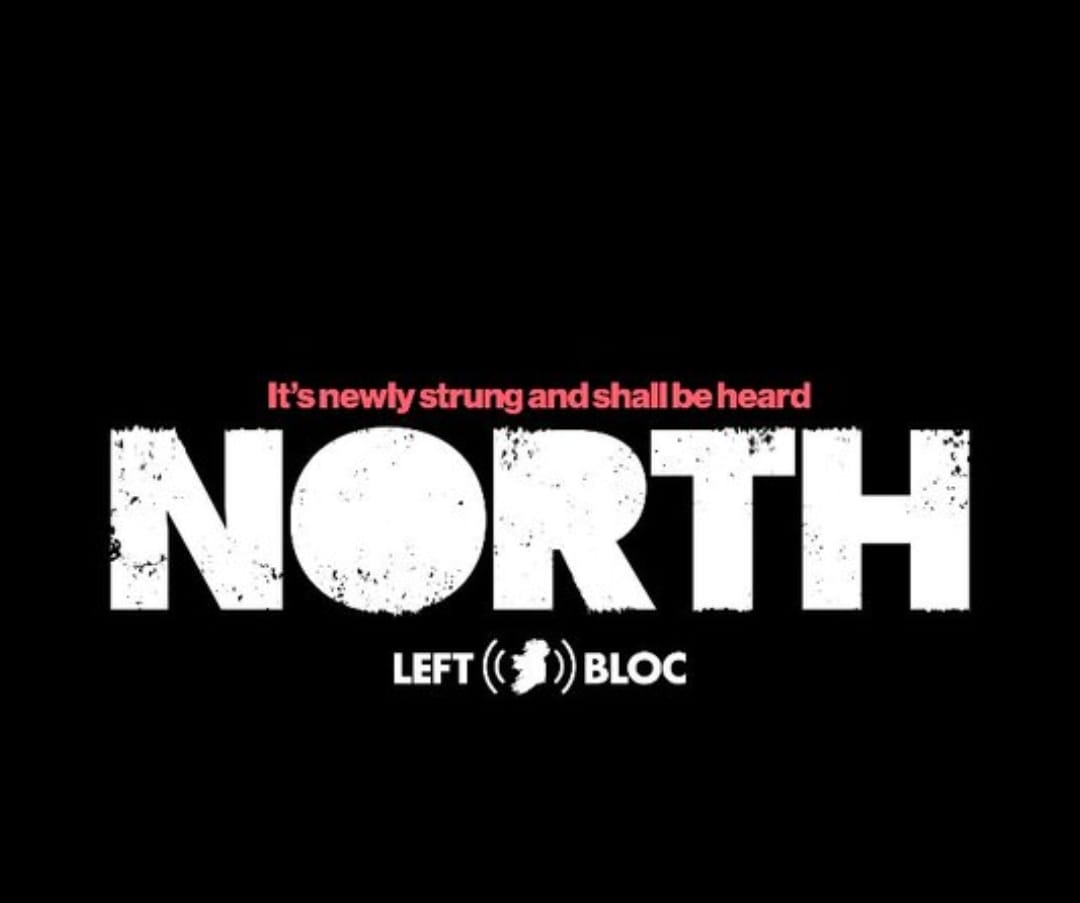
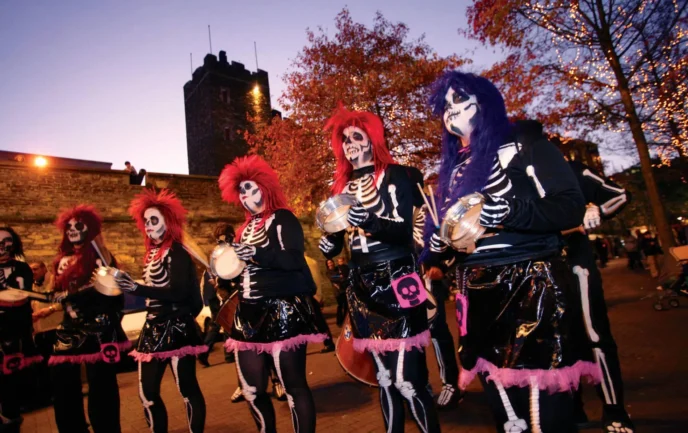

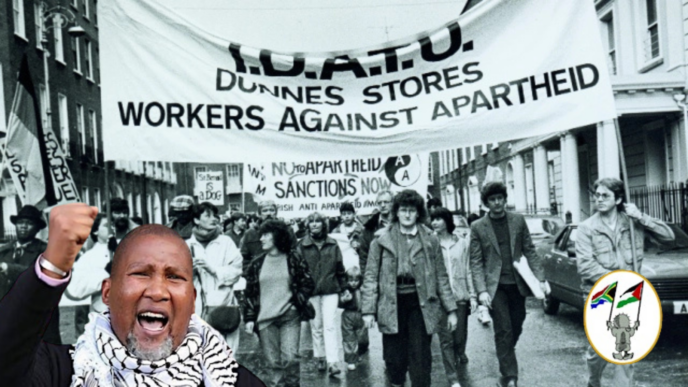
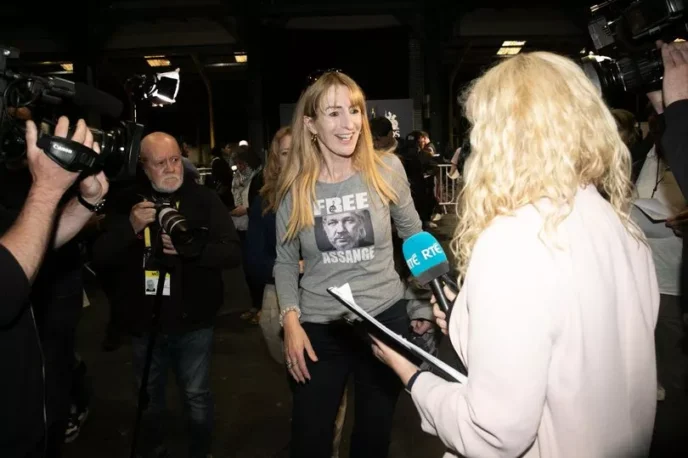
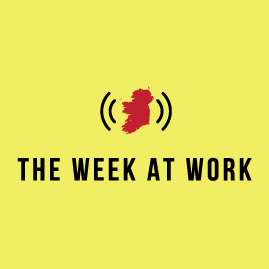
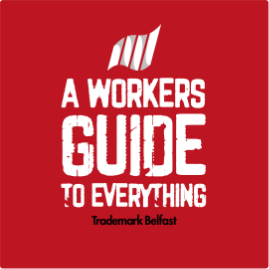
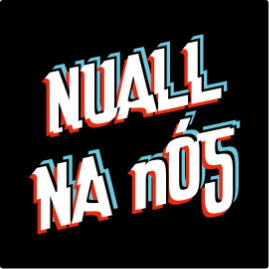

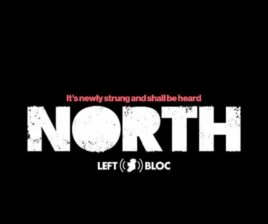
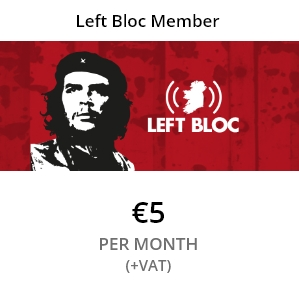
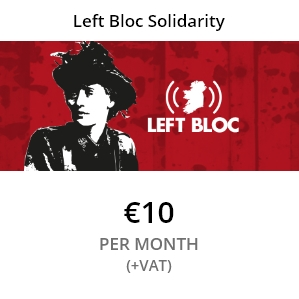
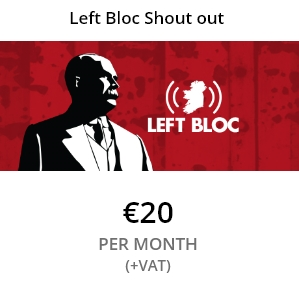
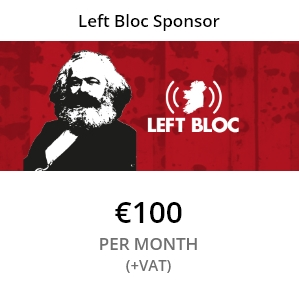
Comments